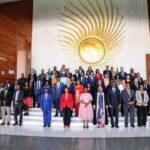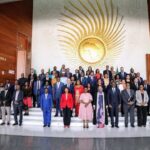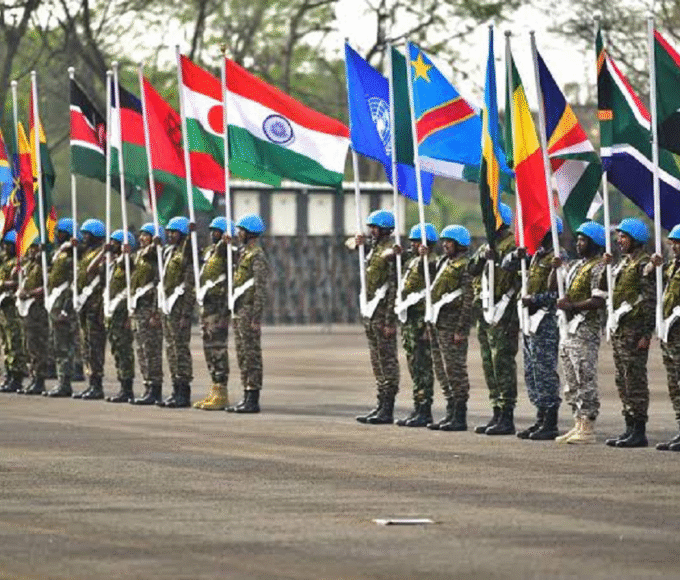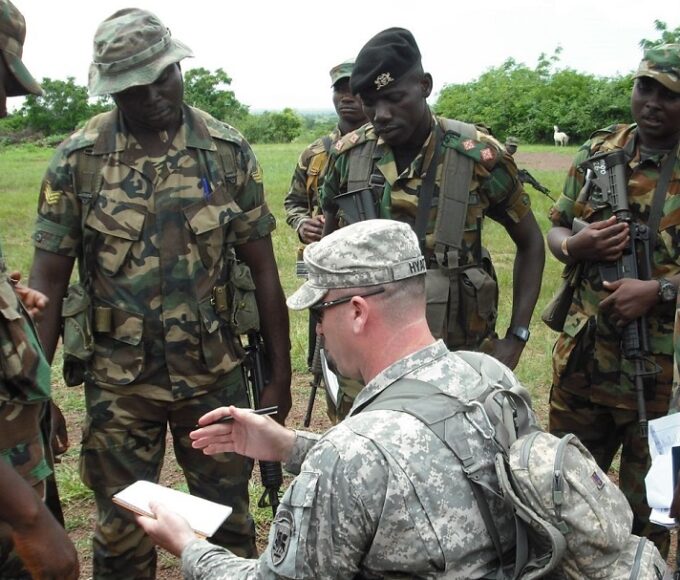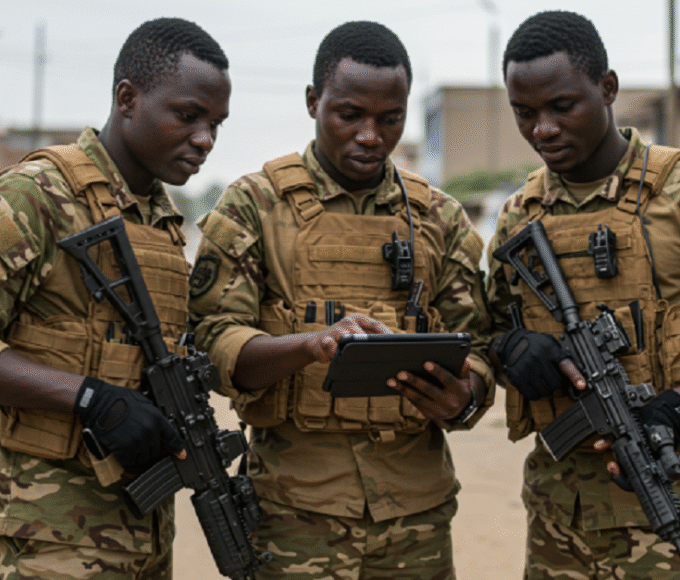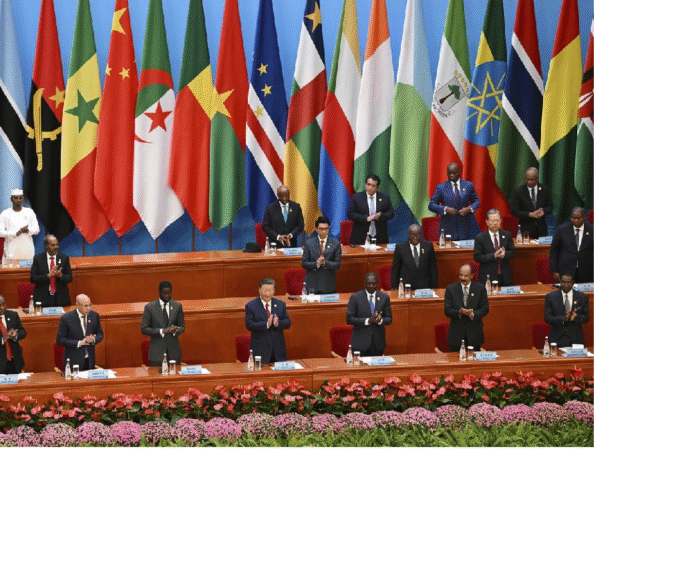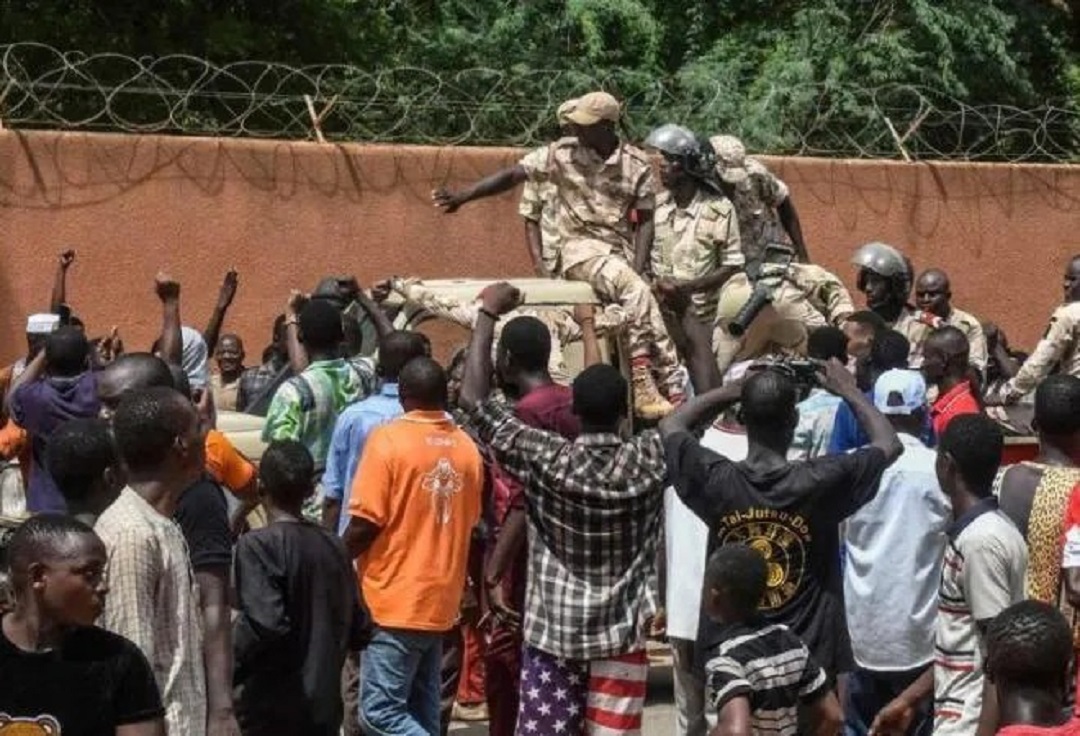
COLD WAR AFRICA: PROXY WARS AND THEIR IMPACT
The Cold War in Africa, spanning from the late 1940s to the early 1990s, transformed the continent into a key arena for proxy conflicts between the United States and the Soviet Union. Both superpowers sought to expand their ideological influence without direct confrontation, exploiting the vulnerabilities of newly independent African nations. Decolonization left behind fragile states and power vacuums, drawing in foreign actors whose interventions often side-lined African sovereignty. The involvement of Cuba, China, and South Africa further deepened the continent’s conflicts, prolonging violence and instability.
As European powers withdrew in the 1950s and 1960s, Africa became fertile ground for Cold War rivalries. The U.S. worked to contain communism by supporting anti-leftist governments and movements, while the USSR backed socialist and nationalist groups to gain influence, resources, and military footholds. This competition turned local struggles into international conflicts, costing millions of lives, devastating economies, and fuelling famines. Proxy wars delayed state-building and entrenched authoritarian regimes, as superpowers propped up leaders based on alignment rather than competence.
Related Article: THE ROLE OF SPECIAL FORCES IN MODERN AFRICAN CONFLICTS
The Congo Crisis (1960–1965) highlighted early Cold War interference. Belgium’s abrupt withdrawal left the Democratic Republic of the Congo unstable. Prime Minister Patrice Lumumba’s request for Soviet aid alarmed the West, prompting CIA involvement in his removal and eventual assassination. Washington then backed Colonel Joseph-Désiré Mobutu, who seized power, expelled Soviet influence, and ruled autocratically until 1997. While Mobutu consolidated a unitary state, his authoritarian rule enriched himself, weakened democratic institutions, and set a precedent for foreign-backed instability.
The Angolan Civil War (1975–2002) began after Portugal’s withdrawal in 1974. The Soviet- and Cuban-supported MPLA faced off against U.S.- and South African-backed UNITA and FNLA factions. Cuba deployed over 36,000 troops, while Moscow sent massive arms shipments, leaving Angola heavily indebted by the mid-1980s. The war, tied to the South African Border War, destroyed infrastructure, displaced millions, and fueled ethnic tensions. Though the MPLA eventually prevailed, Angola was left with landmines, economic ruin, and lasting political divides.
Mozambique’s Civil War (1977–1992) followed a similar pattern. After independence, the Soviet-supported FRELIMO government fought RENAMO, which was backed by Rhodesia, South Africa, and indirectly the U.S. The conflict relied on guerrilla tactics, sabotage, and mercenaries, devastating agriculture and education while creating widespread famine. More than a million people died, making Mozambique one of the starkest examples of how proxy support prolonged wars beyond local resolution.
The Ogaden War (1977–1978) in the Horn of Africa illustrated shifting alliances. Somalia, initially aligned with the USSR, turned to the U.S. after launching an invasion of Ethiopia’s Ogaden region. Ethiopia, led by Colonel Mengistu Haile Mariam, switched sides and received extensive Soviet and Cuban military aid, which repelled the invasion. The conflict strained both nations, worsened famines, and paved the way for further wars, including the Eritrean struggle for independence.
Other conflicts reinforced Africa’s role as a Cold War battleground. The Rhodesian Bush War (1964–1979) pitted Soviet- and Chinese-backed liberation groups ZANU and ZAPU against Rhodesia’s white minority regime, which relied on South African and indirect Western support. The war ended with Zimbabwe’s independence but left behind deep social divisions. Similarly, the Eritrean War of Independence (1961–1991) saw rebels fighting Soviet- and Cuban-backed Ethiopian forces. Eritrea ultimately achieved independence, but only after decades of bloodshed and economic isolation.
These wars shared common consequences: massive civilian casualties, crippled economies, and disrupted food production. Proxy interventions often prevented negotiated settlements, extended conflicts, and entrenched military dominance in politics. Superpowers consistently supported regimes and movements that served their strategic goals rather than the needs of African populations.
The legacy of Cold War proxy wars remains visible today. Many African nations still struggle with instability, refugee crises, and underdevelopment rooted in Cold War-era conflicts. Even after the Cold War ended marked by Cuban withdrawals from Angola in 1988 the continent’s scars persisted. Corrupted politics, militarized societies, and unresolved ethnic and regional tensions continue to shape Africa’s trajectory.
Africa’s Cold War experience illustrates how global rivalries can devastate local societies. Instead of supporting genuine independence and development, external powers fueled cycles of violence that reversed democratic progress and squandered the continent’s potential.
King Richard Igimoh, Group Editor ALO
King Richard Igimoh, Group Editor African Leadership Organisation is an award-winning journalist, editor, and publisher with over two decades of expertise in political, defence, and international affairs reporting. As Group Editor of the African Leadership Organisation—publishers of African Leadership Magazine, African Defence & Security Magazine, and Africa Projects Magazine—he delivers incisive coverage that amplifies Africa’s voice in global security, policy, and leadership discourse. He provides frontline editorial coverage of high-profile international events, including the ALM Persons of the Year, the African Summit, and the African Business and Leadership Awards (ABLA) in London, as well as the International Forum for African and Caribbean Leadership (IFAL) in New York City during the United Nations General Assembly.
Recent Posts
Categories
- Air & Aerospace17
- Border Security15
- Civil Security6
- Civil Wars4
- Crisis5
- Cyber Security8
- Defense24
- Diplomacy19
- Entrepreneurship1
- Events5
- Global Security Watch6
- Industry8
- Land & Army9
- Leadership & Training5
- Military Aviation7
- Military History27
- Military Speeches1
- More1
- Naval & Maritime9
- Policies1
- Resources2
- Security12
- Special Forces2
- Systems And Technology9
- Tech6
- Uncategorized6
- UNSC1
- Veterans7
- Women in Defence9
Related Articles
INDIA’S GROWING MILITARY PARTNERSHIPS WITH AFRICA
India’s engagement with Africa is undergoing a quiet but powerful transformation. What...
ByKing Richard Igimoh, Group Editor ALOOctober 14, 2025EVOLVING HORIZONS: TRAINING THE AFRICAN SOLDIER IN A CHANGING LANDSCAPE
The training of African soldiers has undergone a profound transformation in recent...
ByKing Richard Igimoh, Group Editor ALOOctober 2, 2025AI AND AFRICA’S MILITARY INTELLIGENCE: PROMISE AND PERIL IN A TRANSFORMING SECURITY LANDSCAPE
Africa’s military landscape is entering a new chapter, shaped by the rapid...
ByKing Richard Igimoh, Group Editor ALOSeptember 22, 2025CHINA’S EXPANDING MILITARY FOOTPRINT IN AFRICA: A NEW ERA OF GLOBAL COMPETITION
China’s military presence in Africa is no longer a side note to...
ByKing Richard Igimoh, Group Editor ALOSeptember 22, 2025





